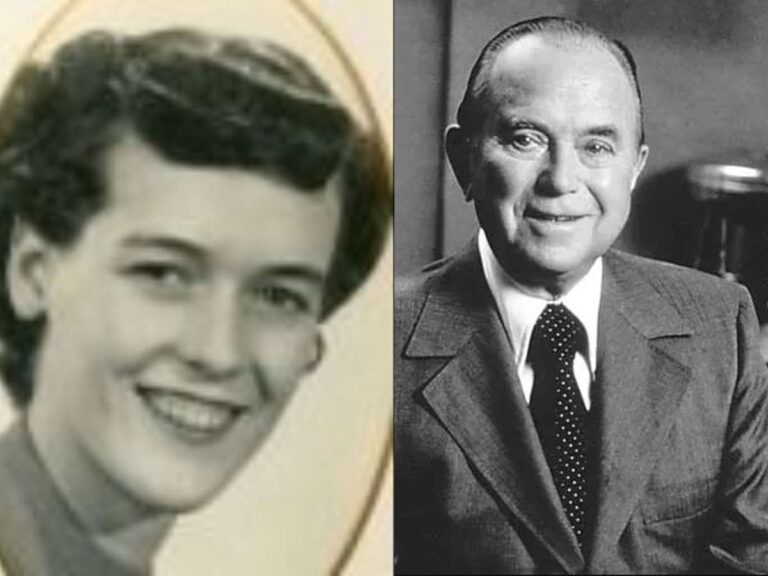
In the realm of body modification, piercings have long been a popular form of self-expression. From earlobes to noses, tongues to navels, people have embraced piercings as a means to showcase their personality and style. Among the many piercing options available, one that stands out for its boldness and uniqueness is the rhino piercing. In this article, we will delve into the world of rhino piercing, exploring its history, procedure, aftercare, and the reasons why individuals choose to adorn themselves with this striking piercing.
History of Rhino Piercing:
Rhino piercing, also known as vertical nasal bridge piercing, traces its roots back to ancient times. It is believed to have originated in cultures such as India and Nepal, where it was performed for religious and cultural purposes. Over time, rhino piercing has transcended its traditional significance and become a popular choice among those seeking to make a fashion statement or embrace their individuality.
Procedure and Jewelry:
The process of getting a rhino piercing involves inserting a straight or curved barbell vertically through the bridge of the nose, just above the area where the nose meets the forehead. As with any piercing, it is crucial to choose a reputable and experienced piercer to ensure a safe and hygienic procedure. The piercer will first clean the area, mark the entry and exit points, and then carefully insert the jewelry. The initial jewelry for a rhino piercing is typically a barbell, although some individuals may opt for more decorative options such as gem-studded or uniquely shaped barbells.
Healing and Aftercare:
Rhino piercing requires diligent aftercare to ensure proper healing and minimize the risk of complications. It is important to clean the piercing twice a day with a saline solution or a mild saltwater solution recommended by your piercer. Avoid touching the jewelry with dirty hands and be cautious when brushing your hair or applying makeup around the piercing site. It is normal to experience some swelling, redness, and tenderness during the initial healing period, which can range from a few weeks to a few months.
Expressing Individuality:
One of the primary motivations behind getting a rhino piercing is the desire to express one’s individuality and stand out from the crowd. With its unique placement and striking appearance, the rhino piercing undoubtedly catches attention. It serves as a visible symbol of personal style, creativity, and the courage to embrace unconventional beauty. Many individuals consider rhino piercing a form of empowerment and a means to break free from societal norms and expectations.
Challenges and Considerations:
While rhino piercing offers a visually captivating look, it’s important to consider certain factors before getting one. The placement of the piercing is crucial, as it requires proper anatomy to accommodate the jewelry and minimize the risk of migration or rejection. Additionally, rhino piercings can be more prone to migration or rejection due to the constant movement and potential trauma to the area. It is essential to discuss these aspects with a professional piercer who can assess your suitability for this type of piercing.
Conclusion:
Rhino piercing is an extraordinary form of body modification that allows individuals to make a bold statement about their unique identity. With its historical roots and contemporary popularity, rhino piercing has emerged as a powerful means of self-expression and individuality. If you’re considering this piercing, take the time to research reputable piercers, educate yourself about the procedure and aftercare, and weigh the potential challenges against the desire to adorn yourself with this distinctive form of body art. Remember, above all, that rhino piercing is a personal choice that should be embraced and celebrated as an expression of your true self.
Visit Hint For Details About Rhino Piercing Thanks…



